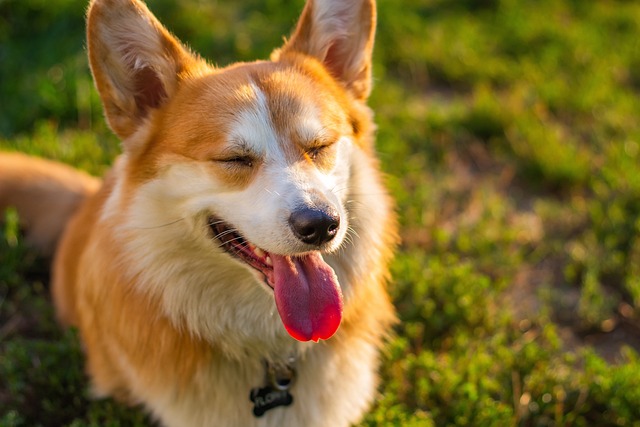
What is the best thing for dogs to chew on to clean teeth
If you’ve ever wrestled with a squirming pup to brush their teeth—only to end up with slobber on your shirt and a toothbrush chewed to bits
That doggy breath hitting you when your furry best friend yawns? We've all been there. While reaching for a dental water additive seems like an easy fix to toss into the water bowl, it's natural – and responsible – to wonder, "Is this stuff actually safe for my pup?" Let's cut through the marketing and look at the facts, especially considering how we care for our dogs here in the US, UK, and EU.
The good news is that, generally speaking, most commercially available dental water additives designed specifically for dogs are considered safe when used according to the manufacturer's instructions. Reputable brands invest significantly in safety testing. Look for products approved by organizations like the Veterinary Oral Health Council (VOHC). That little seal means the product has been independently tested and proven effective in reducing plaque or tartar. It’s a big green flag. Regulatory bodies like the FDA in the US and following frameworks like the EU Regulation 767/2009 for animal feed (which these often fall under) provide oversight, demanding that ingredients are generally recognized as safe (GRAS) or have appropriate safety dossiers.
But "generally safe" doesn't mean "no thinking required." The key lies in the ingredients and using the product correctly. Always, always read the label carefully. Avoid additives containing xylitol at all costs. This common human sugar substitute is highly toxic to dogs, causing rapid insulin release leading to hypoglycemia (low blood sugar), liver failure, and potentially death. It's banned in pet foods/feeds in the EU and strongly regulated elsewhere, but vigilance is crucial. Stick to products formulated only for dogs – never use human mouthwashes or additives.

Other ingredients like chlorhexidine are excellent antimicrobials often used in vet clinics, but long-term, daily use in water additives might cause some tooth staining or alter taste perception. Zinc compounds are common and generally safe in the small amounts used, but excessive amounts could theoretically cause issues. This is why following the dosing instructions on the label is non-negotiable. More is not better. If your dog has specific health conditions, like kidney problems, consulting your vet before starting any new supplement, including water additives, is essential. They understand your dog's unique health picture.
It's also vital to manage expectations. Think of dental water additives as a helpful supplement, not a magic bullet or a replacement for other care. They work best as part of a comprehensive dental hygiene routine. That means they complement regular tooth brushing with dog-safe toothpaste (the gold standard!), providing dental chews approved by VOHC, and feeding a diet that supports dental health, perhaps including some kibble designed for dental benefit. Ignoring plaque buildup isn't just about bad breath; it's a serious health risk. Periodontal disease is incredibly common and leads to pain, tooth loss, and bacteria entering the bloodstream, potentially damaging the heart, kidneys, and liver. Annual vet checkups, including a good look at those teeth, are crucial – many vets recommend professional cleanings under anesthesia periodically.
So, are dental water additives safe? For most healthy dogs, using a reputable, VOHC-approved (or equivalent) product exactly as directed is considered a safe addition to your dog's dental care toolkit. However, they are not a stand-alone solution. Always check for xylitol, follow dosing meticulously, consider your dog's individual health, and prioritize brushing and professional veterinary dental care. Making informed choices about what goes into your dog's water bowl is part of being a loving and responsible pet parent on either side of the Atlantic. When in doubt, your vet is your best resource for personalized advice tailored to your dog's needs and your local regulations.

If you’ve ever wrestled with a squirming pup to brush their teeth—only to end up with slobber on your shirt and a toothbrush chewed to bits

That faint whiff of fishy breath when your Golden Retriever greets you isn't just "dog smell" – it's likely the first clue to canine periodontal disease

Ever felt that sinking worry when your energetic Labrador suddenly loses its appetite or starts a persistent belly rumble?Regular deworming isn't just a checkbox on a pet care list—it's a vital shield protecting your furry best friend from hidden health t

Watching your dog pant heavily on a hot day, or noticing their nose is dry and their eyes look sunken, can send a wave of panic through any new pet owner.

Cooking homemade meals for your dog feels like an act of love—chopping fresh veggies, simmering lean meat, knowing exactly what’s in their bowl.

Picture this: You're scrambling to get ready for work, your golden retriever nudges your hand, and your daily multivitamin tumbles onto the kitchen floor.